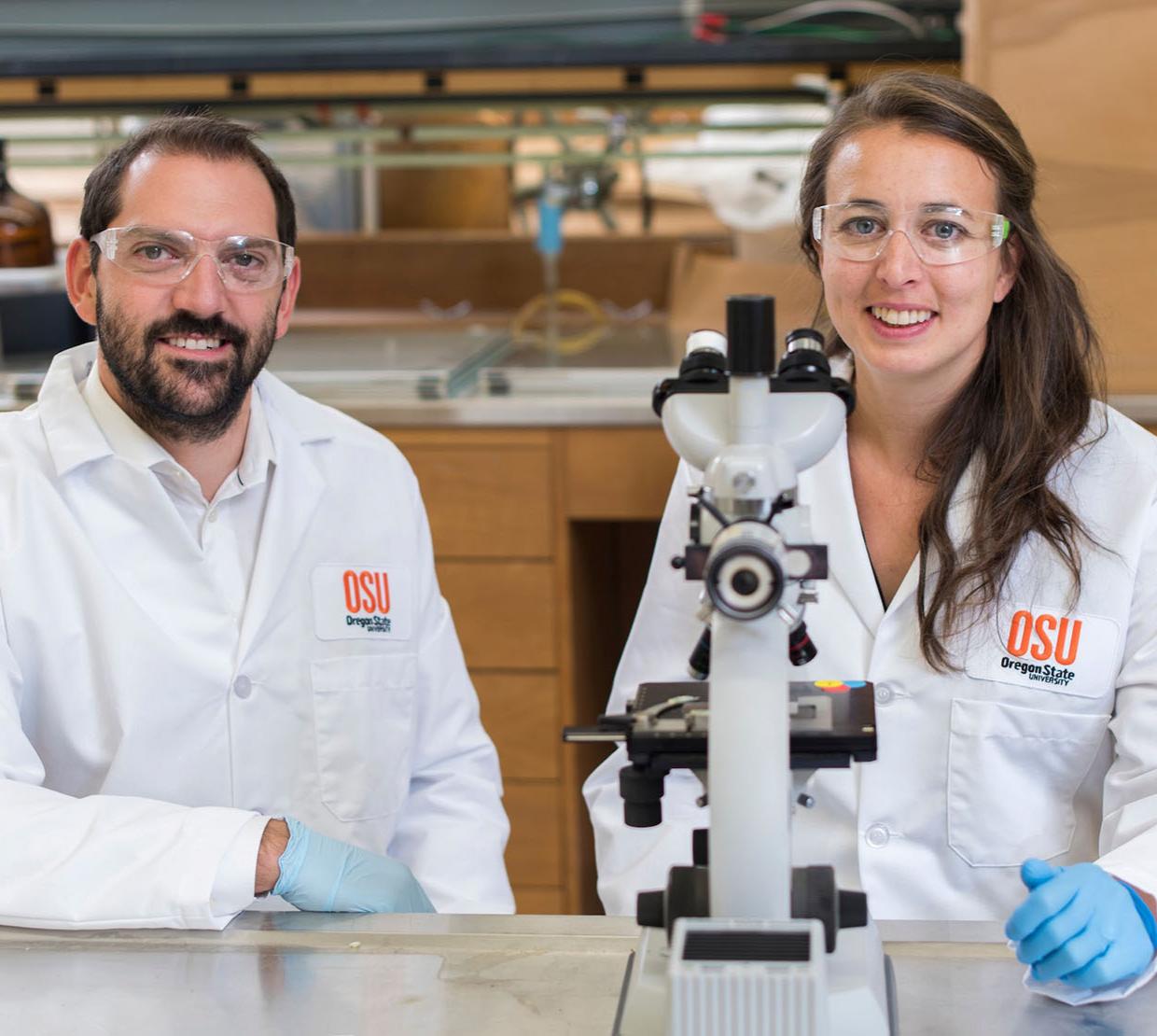Congratulations to Maude, Kenton, and Kathy Magnusson (VetMed) for being awarded a Sciris stage II grant from the College of Science for their proposal “An integrative investigation of the role of the gut-brain axis on sex differences in anxiety”. These highly competitive awards are part of a College of Science effort to promote research. This is example of very exciting, innovative work within the department and we look forward to hearing more details as the project unfolds. Principal Investigator Dr. Maude M. David - Department of Microbiology, College of Science; Co-Principal Investigators Dr. Kenton C. Hokanson - Department of Microbiology and Biochemistry and Biophysics, College of Science; Prof. Kathy Magnusson - Department of Biomedical Sciences, Carlson College of Veterinary Medicine
Anxiety is the most prevalent mental health issue in the United States, where 40 million people are affected by anxiety disorders. It remains inadequately and inequitably studied: anxiety disorders are known to manifest differently in the sexes, both by prevalence and the course of illness, the biological mechanisms underlying the sex-specific presentation of such disorders remain undescribed, and behavioral testing in murine models is performed almost exclusively in male mice.
Research has begun to elucidate interactions between the gut microbiome and brain development and function. Yet, mechanistic insight is limited. This proposal aims to bridge this knowledge gap by integrating functional, molecular, and behavioral data in order to identify the role of specific bacterially-produced metabolites that are linked with anxiety in humans. We hypothesize that the metabolites produced by the gut microbiome help establish the sex differences observed in the prevalence and severity of anxiety disorders. We propose to use behavioral, electrophysiological, and analytical pipelines to screen metabolites and small molecules of interest to cause or treat anxiety in rodents.




